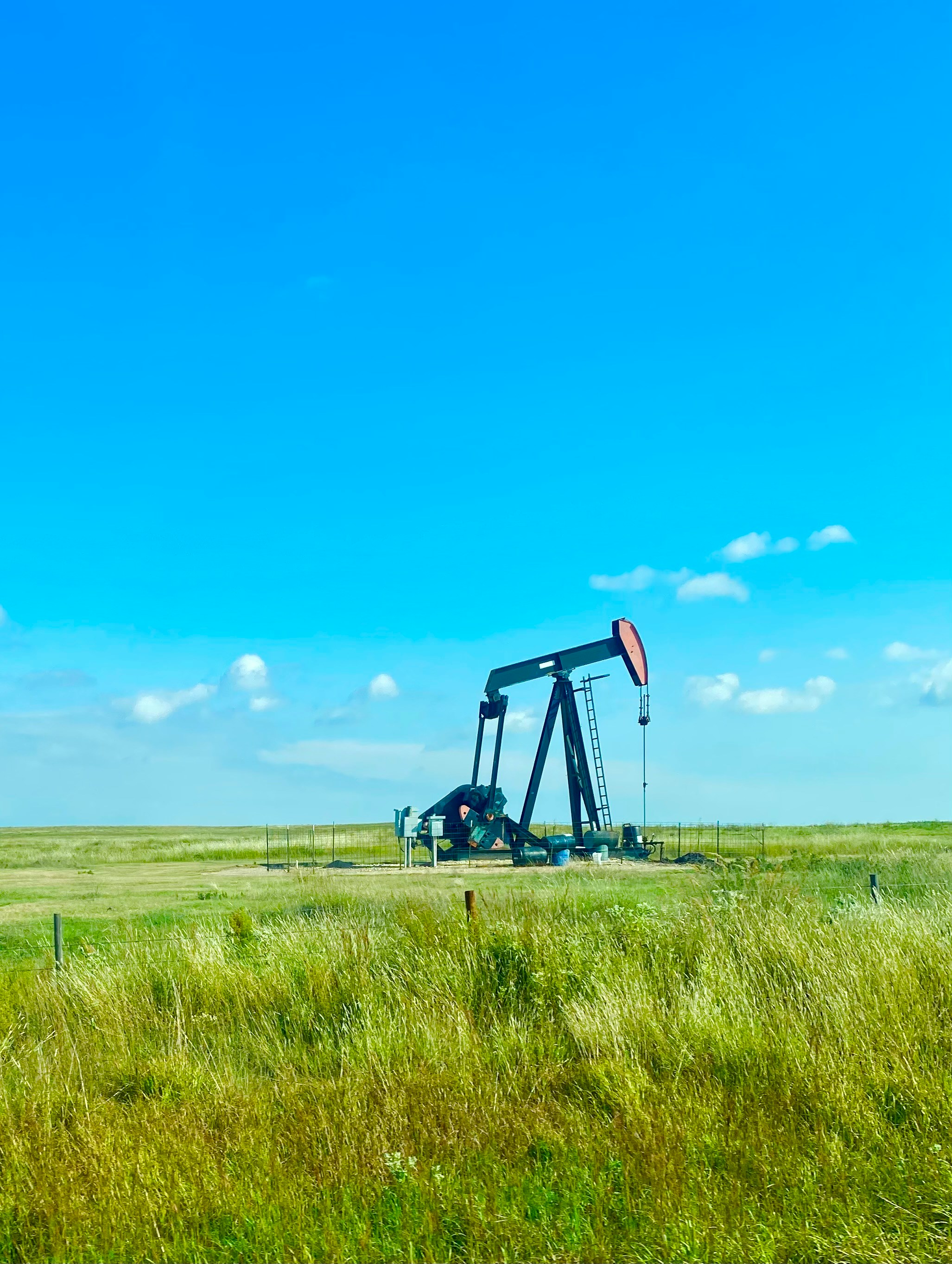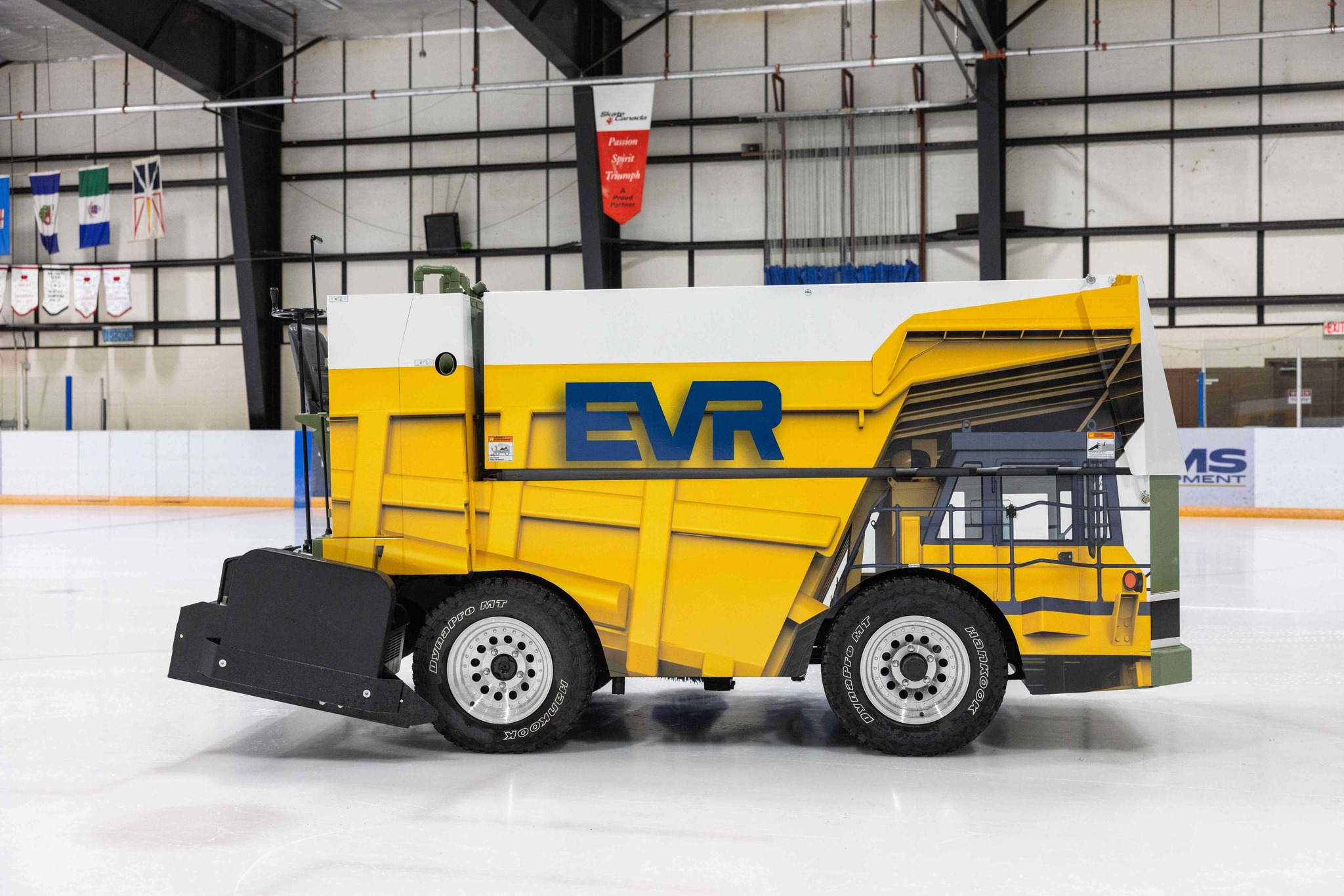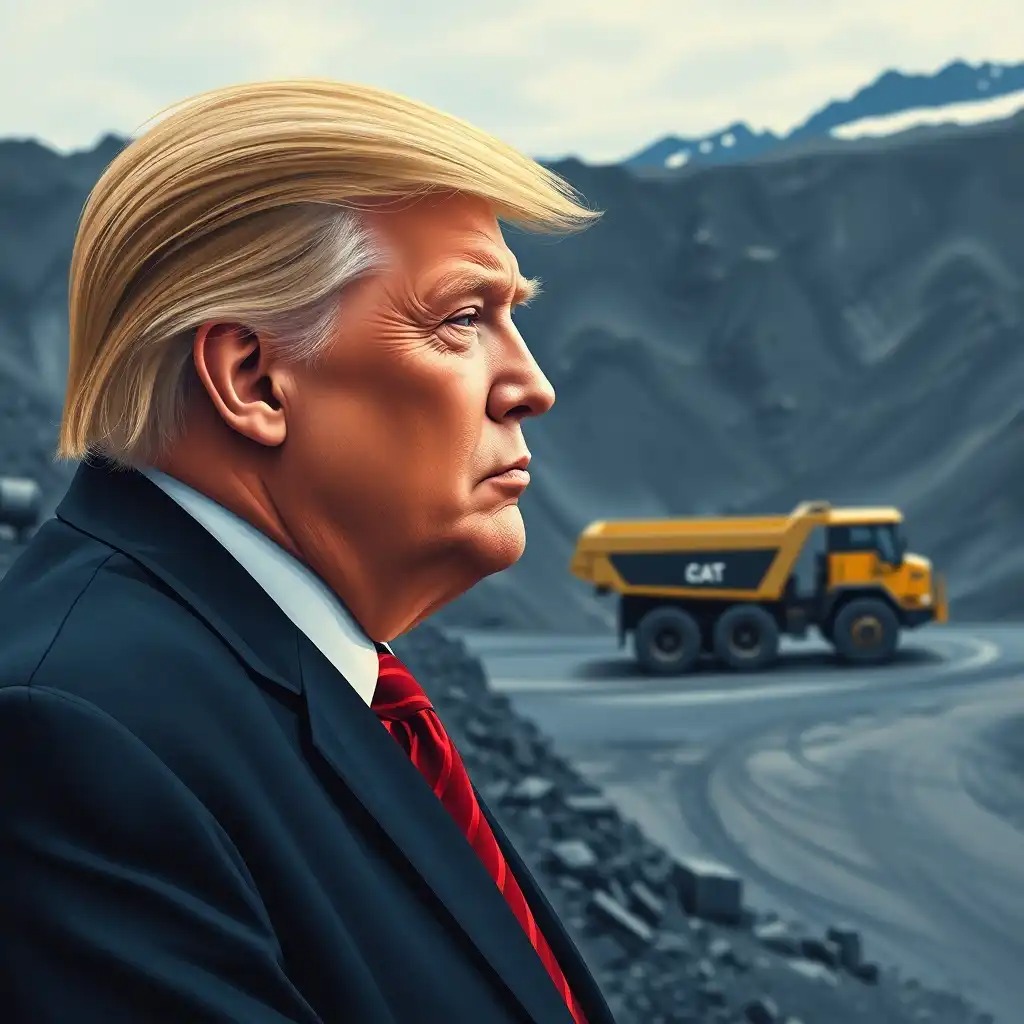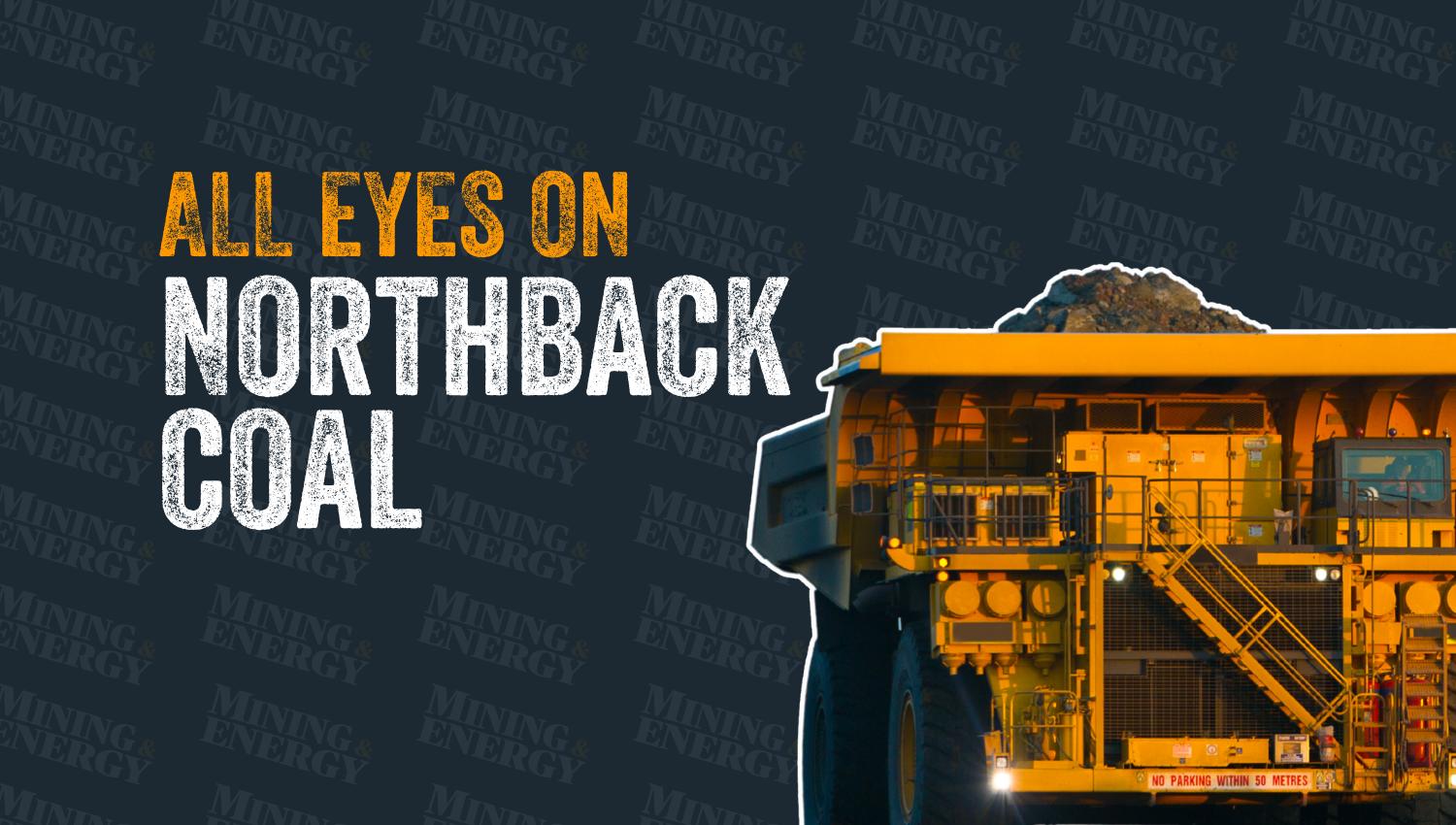IKEA makes move to purchase second wind farm in Alberta

Ikea Canada is set to purchase a $58.6-million wind power facility near Drumheller, Alberta. — Photo: Ikea Calgary Ikea is known for its clean and fo
Ikea Canada is set to purchase a $58.6-million wind power facility near Drumheller, Alberta. — Photo: Ikea Calgary
Ikea is known for its clean and forward-thinking designs, but few know that the company is dedicated to a creating cleaner earth for the future as well. The Ikea Group’s People and Planet Positive strategy was outlined to inspire sustainable living.
The People and Planet Positive strategy is meant to secure not just economic well-being, but environmental well-being for the planet in years to come. The Ikea Group has refocused the company values to reflect the long-term interests of its shoppers and the environment. Overall, an improved quality of life and the promotion of renewable energy is a priority to the Ikea group.
The largest goal is Ikea’s dedication to produce more renewable energy than it consumes worldwide by 2020. There are 343 Ikea stores across the globe. Of that number, 12 are in Canada. Following up on the People and Planet strategy, Ikea put its money where its mouth is by taking steps toward “energy independence” in Canada. Wind power is the solution.
The first 46-megawatt wind farm Ikea purchased back in 2013 is located at Pincher Creek, Alberta. Ikea Canada purchased its second wind farm—the 55-turbine, 88-megawatt Wintering Hills Wind Power Facility located near Drumheller, Alberta—in January 2017. It generates 275 million kilowatt hours of energy—enough to power 54 Ikea stores each year. Ikea's purchase of this second Alberta wind farm will put the company well on its way to achieving its energy independence goal. “Together, these two wind farms will produce the equivalent of more than four times the energy that Ikea Group operations consume in Canada,” it was noted in a press release from Ikea Canada.
The company’s core strategies and sustainability investments have driven this decision. “Ikea Group has allocated over three billion euros to become resource and energy independent,” said the press release. “Since 2009, the Ikea Group has invested 1.5 billion euros in renewable energy and has committed an additional 600 million euros for investments in wind and solar.”
Wintering Hills Wind Power Facility is currently owned by Teck Resources Limited (49 per cent) and a subsidiaryof TransAlta Corporation (51 per cent). The transaction was to be completed by mid-February following satisfactory closing conditions. The wind farm will cost a total of $119.6 million, but will ultimately save money in the long run.
Ikea’s dedication to sustainability is not limited to wind farms in Alberta. The company is openly concerned with climate change, exponentially increasing world population and the excessive use of our resources. Ikea wants to transform the way the company does business in order to combat the pressure we continue to place on our environment. The company has also looked to invest in sustainability in other sectors, including forestry, recycling, renewable energy development and biomaterial development.
Already, the energy efficiency of Ikea stores has improved by 8 per cent since 2010, and its current single wind farm provides one -third of the company’s total energy in Canada. Waste reduction strategies, responsible raw material purchases, the installation of electric car charging ports at Canadian stores, and even organic food options in the store restaurants are other steps Ikea has taken towards creating a sustainable future for its shoppers.
Outside of its own operations, Ikea hopes to continue to inspire shoppers to live sustainable lives at home. One way the company plans to support sustainability is by selling water- and energy-saving solutions in stores including water-saving faucets and energy-efficient appliances.
Overall, Ikea’s new business strategies aim “to do the right thing” with a focus on strong values based in renewable resources, minimal impact and environmental responsibility.



